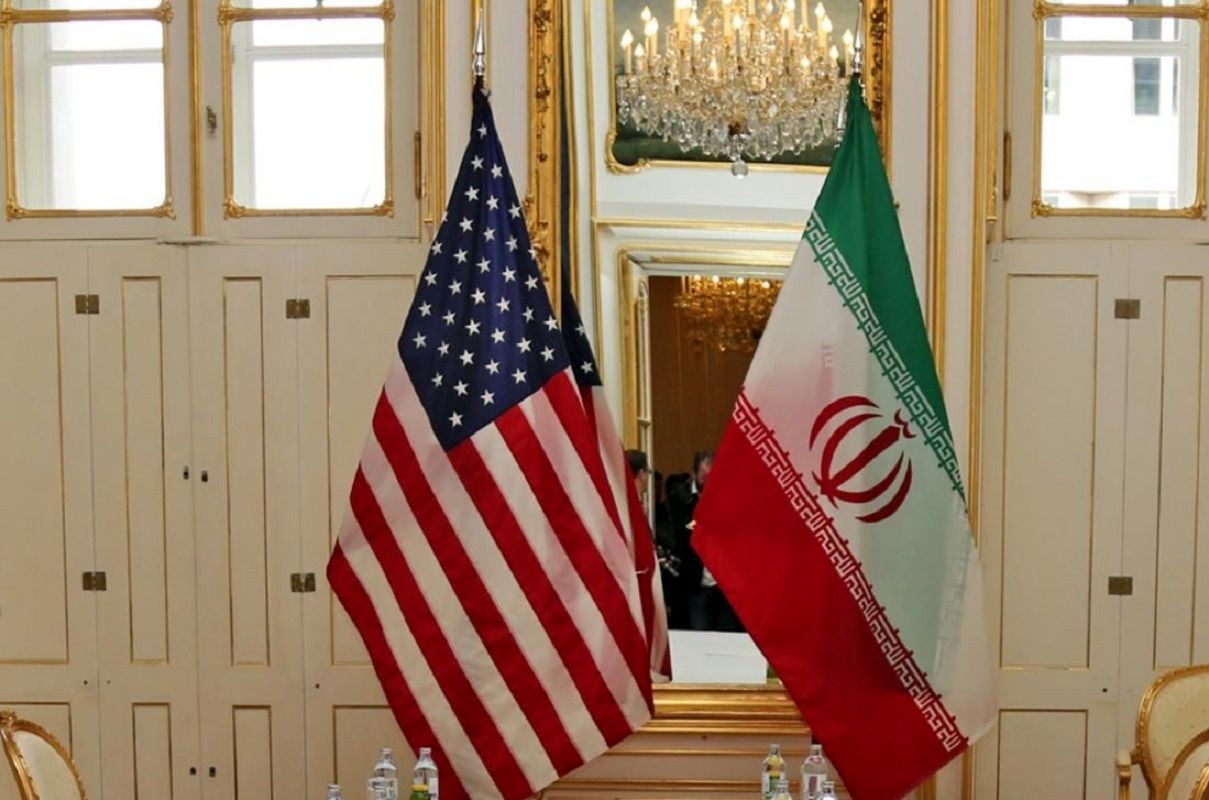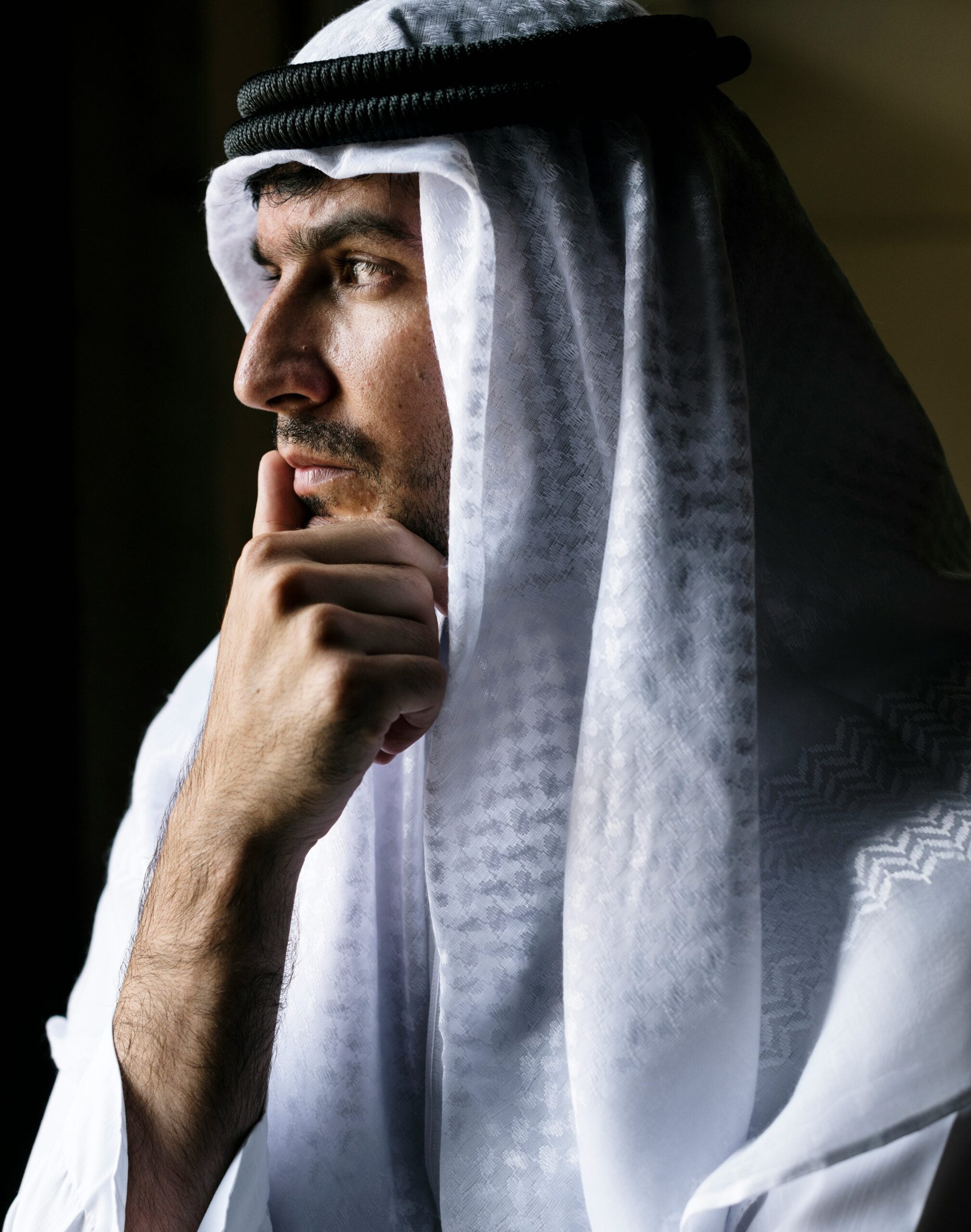The Arab countries of the Persian Gulf, particularly Saudi Arabia and the UAE, which were strong opponents of the 2015 nuclear deal (JCPOA) with Iran during President Obama’s administration, are now supporting negotiations between Iran and the United States in the hope of reaching a nuclear agreement.
Over the past few years, relations between the Gulf Cooperation Council (GCC) countries and Iran have followed a steady trend of de-escalation. This trend is primarily driven by economic factors, the need for regional stability to pursue economic agendas, and also the Gulf Arab countries’ doubts about the United States’ reliability in ensuring regional security.
For the Gulf monarchies, the main driver of this trend is their belief in the necessity of taking responsibility for their own security, as they increasingly view the United States as an unreliable partner for regional security. This outlook has likely been strengthened following the October 7, 2023, events concerning the Israeli hostages held by Hamas.
Furthermore, the visions of Gulf Arab countries, particularly in Riyadh, to reduce dependency on oil require regional stability as a prerequisite for economic reconstruction. However, this pragmatism has been tested since October 7, 2023,especially given the direct confrontation between Iran and Israel and the second term of President Trump. In the context of renewed regional closeness, the Gulf Arab states prefer to distance themselves from Trump’s “maximum pressure” policy on Iran and instead act as mediators to ease regional tensions.
Thus, these countries are supporting the Iran–U.S. negotiations that began on Saturday, April 12, 2025, in Muscat, Oman, with Tehran and Washington both evaluating the process positively. It seems that former President Barack Obama’s statement, in which he said that Saudi Arabia and Iran need “to find an effective way to share the neighborhood and institute some sort of cold peace,” has now become a reality.
From Opposition to Support
This comes as, following the 2015 nuclear deal between Iran and the United States, China, Russia, France, the UK (the five permanent members of the UN Security Council), and Germany, criticism from the Gulf Arab states, particularly Saudi Arabia, of the U.S. policy towards Iran intensified. The Gulf Arab states, especially Saudi Arabia and the UAE, opposed the JCPOA in 2015 for the following reasons:
-
- Concerns over increased Iranian regional influence: They believed that lifting sanctions without restrictions on Iran’s missile program or its proxy forces in Yemen, Syria, Iraq, and Lebanon would shift the balance of power in favor of Tehran.
- Weakness in monitoring mechanisms: Gaps in the JCPOA, such as the ‘sunset clauses,’ which lifted enrichment restrictions after 10–15 years, were seen by Riyadh and Abu Dhabi as legitimizing Iran’s long-term nuclear capabilities.
However, GCC members now support a nuclear agreement with Iran that resembles the JCPOA, as it continues to rely on Iran’s uranium enrichment up to 3.67 percent. A few years ago, for example, Saudi Arabia took a cautious stance toward the JCPOA and supported Trump’s withdrawal from the deal in 2018, but now they are supporting a JCPOA-like deal with Iran.
Regional Stability, Economic Goals, and Risks of Escalation
As a result, with the start of negotiations between Iran and the U.S. in Muscat, Oman, the Gulf Arab countries have welcomed and supported the talks, viewing them as contributing to regional stability. Saudi Arabia issued a statement supporting the new round of nuclear talks between Iran and the U.S. in Oman, emphasizing that the success of these negotiations would bolster joint efforts to strengthen security, stability, and peace in the region and the world.
Even before the Muscat negotiations began, Saudi Arabia had mentioned its willingness to play a mediating role between Iran and the U.S. Furthermore, Anwar Gargash, the diplomatic adviser to the president of the United Arab Emirates, personally delivered a letter from U.S. President Donald Trump to Iran’s Supreme Leader Ayatollah Khamenei. Oman, a member of the GCC, is currently acting as a mediator in the negotiations, a role praised by other GCC members.
The positive attitude of Saudi Arabia and other Gulf Arab states toward nuclear negotiations (unlike their previous stance) signals a shift in their foreign policy strategy and a move toward closer relations with Iran. This is aimed at adapting to the new regional geopolitical environment, especially following the events of October 7 and the Gaza war.
A direct military confrontation between Iran and Israel/the U.S. could pose serious threats to these countries, clashing with their economic outlooks. Before Hamas’s October 7 attack on Israel, Iran and Israel were engaged in a “gray zone” conflict with limited scope, which did not directly involve other regional states.
One clear expression of these concerns came in March 2025, during an interview between Qatar’s Prime Minister Mohammed bin Abdulrahman Al Thani and Tucker Carlson. In this interview, the Qatari PM explicitly warned about the catastrophic consequences of any military attack on Iran’s nuclear facilities, stressing that such an act could trigger an unprecedented environmental crisis, especially for the Gulf’s water resources, which Qatar and other countries in the region heavily depend on.
The importance of diplomatic negotiations in this context can be viewed from several angles. First, the Arab states—particularly the GCC members—seek to prevent their region from becoming a battleground for global powers. With the experience of past conflicts, such as the Iraq war and tensions in Yemen, they understand the devastating human and economic costs of war.
Second, negotiations enable them to act as mediators and to prevent further sanctions or military actions that could place more pressure on the region’s fragile economies.
Arab countries’ concerns go beyond military threats. They also fear indirect consequences such as disruptions in global energy markets, mass migration, and the rise of extremist groups. Meanwhile, regional states are pursuing development-focused foreign policies with economic objectives, which are evident in their strategic visions. These require stability and, importantly, the integration of economic and transit networks across the region. For instance, Saudi Arabia is working to realize its Vision 2030 by diversifying its economy and reducing its dependence on oil, seeking instead to become a commercial, technological, and tourism hub.
Ambitious economic plans like Saudi Arabia’s Vision 2030 and the UAE’s “Projects of the 50” require regional stability to attract foreign investment. The UAE, through a policy of “economic realism,” maintained trade ties with Iran even at the height of tensions (e.g., through banking exchanges via Oman). Today, Abu Dhabi supports negotiations to enable economic cooperation in energy, such as the Durra gas field project.
War or instability would jeopardize these plans. Therefore, peaceful coexistence and cooperation with Tehran are essential to achieving the GCC members’ strategic goals. The tense period from 2016 to 2020 saw events like the 2019 attacks on tankers near Fujairah and drone/missile strikes on Saudi Arabia’s Aramco—incidents largely attributed to Tehran and its proxies.
With Russian oil supplies disrupted, the Gulf’s role as a stable energy provider to Europe and Asia has become even more critical. Any tension in the Strait of Hormuz—such as Iran seizing oil tankers—could drive oil prices above $150 a barrel, threatening the development plans of both Saudi Arabia and the UAE.
Saudi Arabia is aware that the rise in shale oil production has reduced the United States’ dependence on Gulf oil. Therefore, it understands that regional stability must be managed through cooperation with global actors, including Iran. Moreover, Saudi investment in green hydrogen projects and the UAE’s investment in nuclear power plants (like Barakah) require international collaboration, which is not possible under conditions of heightened tension.
Iran’s Position
Additionally, as a result of the U.S.’s foreign policy in the Gulf under its “Offshore Balancing” strategy, aimed at countering China, regional countries are pursuing a form of strategic autonomy in handling their immediate security concerns. Simultaneously, they are seeking to diversify their strategic partnerships.
In this context, Saudi Arabia, in response to the U.S.’s ambiguous policy toward it—including Washington’s lack of response to the Aramco attack—has turned to political and security balancing in its extra-regional relations (moving closer to Russia and China), as well as in its regional ties. One of the outcomes of this approach has been enhanced cooperation with Iran and Turkey.
Within this broader picture, amid Iran–U.S. negotiations, we saw a significant development: the visit of the Saudi Defense Minister to Iran. Khalid bin Salman, who is also the brother of Crown Prince Mohammed bin Salman, met with Iran’s Supreme Leader—a highly symbolic and important moment indicating the growing trajectory of Tehran–Riyadh relations. The Saudi minister’s visit took place while the first round of negotiations between Iran and the United States was held in Muscat. This coincidence is not only not accidental but also reflects clear, yet unwritten, coordination between regional powers to manage the new circumstances.
At the same time, Riyadh is also pursuing normalization with Israel and participation in initiatives such as the India–Middle East–Europe Corridor (IMEC). Nonetheless, Saudi Arabia views the current hegemonic and militaristic policies of Netanyahu’s government in the Arab world as contrary to its own interests. From Riyadh’s perspective, the best approach to counter Israel’s hegemony in the region is through balancing strategies and diplomacy.
Arab states have traditionally viewed Iran’s regional proxies as a key challenge. However, these forces are now being integrated into the military and security structures of their respective states, and their regional roles are being reconsidered.
Meanwhile, Iran, given the evolving regional context, now needs regional diplomacy more than ever. While this diplomacy was once primarily a tool to escape economic isolation, it has now become a strategic necessity to prevent further erosion of Iran’s geopolitical position.
This pragmatic turn in Iranian diplomacy has been accompanied by symbolic religious references. In his speech on April 10, 2025, Iran’s Supreme Leader Ayatollah Ali Khamenei referenced the historical Peace of Imam Hassan, emphasizing the necessity of strategic compromises to preserve the nation’s strength in times of overwhelming external threats. Drawing parallels between Imam Hassan’s treaty and Iran’s engagement with the West, Khamenei reiterated that Iran’s participation in negotiations does not signify weakness but a wise and necessary measure for national interest.
Toward a Cold Peace?
The evolving stance of the Gulf Arab states toward Iran–U.S. talks signals a significant recalibration of the region’s diplomatic landscape. Driven by economic imperatives, security concerns, and new global dynamics, Gulf states now actively support dialogue with Tehran.
Simultaneously, Iran’s leadership, while steadfast in its ideological orientation, has pragmatically embraced diplomacy, drawing from its own historical precedents to maintain legitimacy at home.
Whether these talks in Muscat lead to a lasting agreement remains to be seen. However, what is already clear is that the region is entering a new phase – one where cold peace, strategic balancing, and cautious diplomacy define the path forward.
Picture source: https://cdn.eghtesadnews.com/thumbnail/DetjzAfut0Cy/mW4TY_vzMeEG1fqb61-mcCKrGYGcOSm4SW9Yyhl5b2N1qvFeEPKLcFkzrdrrAcG9cg9gAf9kJWJmze2Es8GZhDlkJqwVKQrtH4g_f1fuVsU,/%D8%A7%D8%AC%D8%B1%D8%A7%DB%8C%2B%D8%A8%D8%B1%D8%AC%D8%A7%D9%85%2B%DB%8C%DA%A9.jpg
Copyright: Eghtesad News


